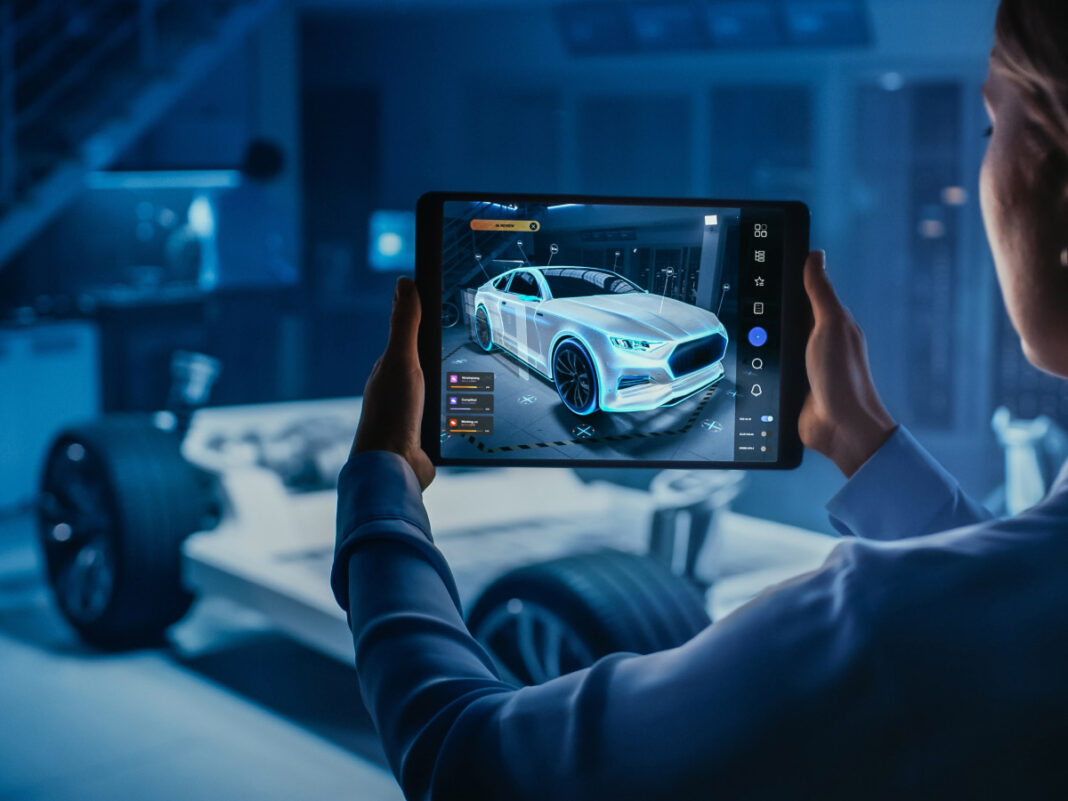The automobile sector is undergoing a seismic shift. Electric vehicles (EVs) are not a niche innovation anymore but a transformative force reshaping how we think about transportation. As governments, consumers, and manufacturers align towards a more sustainable future, EVs are leading the charge in revolutionizing the auto industry.
The Rise of Electric Vehicles
Electric vehicles have transitioned from a futuristic concept to an immediate reality. This shift is propelled by a combination of technological advancements, environmental concerns, and economic incentives. The global push towards decarbonizing transportation has positioned EVs at the forefront of this revolution. In 2020, Europe saw EV sales surge by 149%, surpassing China as the largest EV market, highlighting the accelerating pace of adoption.
Major Automakers Embrace the Electric Revolution
Traditional automotive giants are pivoting towards electric mobility with significant investments and strategic commitments.
Volkswagen’s Vision for a Greener Future
Volkswagen is actively leading the electric vehicle revolution, spearheading technological innovation and sustainable practices within the auto industry. The company aims to reduce carbon emissions and promote a greener future through its range of electric cars. These vehicles combine cutting-edge technology with stylish designs and impressive performance, catering to diverse lifestyles from city cars to family SUVs. Key features of Volkswagen’s EVs include fast charging, long-range capabilities, and advanced safety systems, ensuring comfort and convenience without compromising environmental goals.
Mercedes-Benz Aligns with Electric Mobility
Mercedes-Benz is not far behind in this transformation. The shift towards EVs necessitates adaptations across manufacturing, servicing, and sales. Dealerships are installing charging stations and updating warranties to cover large batteries, reflecting the changing needs of consumers. Sales personnel are receiving specific training to address consumer questions about EV features, charge times, and ranges, highlighting the industry’s commitment to embracing electric mobility fully.
Technological Advancements Driving Adoption
At the heart of the EV revolution are significant technological advancements that have overcome previous barriers to adoption.
Improved Battery Technology
Advancements in battery technology have enhanced the range and efficiency of electric vehicles. Innovations such as solid-state batteries are on the horizon, promising even greater energy density and faster charging times. Regenerative braking systems are now standard, allowing EVs to recharge their batteries while driving, enhancing energy efficiency.
Charging Infrastructure Expansion
A critical challenge for EV adoption has been the availability of charging infrastructure. Governments and even private companies are investing heavily in expanding EV charging networks, with the Bipartisan Infrastructure Law allocating $7.5 billion to install 500,000 new chargers by 2030. This expansion reduces range anxiety and makes owning an EV more practical for everyday consumers.
Economic and Environmental Benefits
Electric vehicles offer economic advantages over traditional combustion engines. Lower operating costs, reduced maintenance, and savings on fuel make EVs financially appealing in the long term. Moreover, EVs produce zero tailpipe emissions, contributing to improved air quality and aligning with global efforts to combat climate change.
Challenges and Collaborative Solutions
Despite the rapid advancement, challenges remain in achieving widespread EV adoption.
Grid Capacity and Managed Charging
The integration of millions of EVs into the power grid requires careful management to prevent overloading. Utilities are exploring strategies like managed charging and investing in grid upgrades to support the increased demand. Collaborative efforts between utilities, manufacturers, and governments are essential to ensure a smooth transition.
Ensuring Equitable Access
To make the electric revolution truly transformative, it must be inclusive. Efforts are underway to expand EV access to rural and underserved areas, ensuring that all communities can benefit from cleaner transportation options.
The Road Ahead
The future of driving is undeniably electric. Automakers plan to cease production of gasoline vehicles in the coming decades, signaling a commitment to a sustainable future. As technology advances and infrastructure expands, electric vehicles will become the standard rather than the exception.
Conclusion
Electric vehicles are revolutionizing the auto sector by offering cleaner, efficient, and technologically advanced alternatives to traditional vehicles. The convergence of consumer demand, tech innovation, and environmental necessity is driving this unprecedented shift. The transition to electric vehicles is not just an industry trend but an inevitable progression towards a sustainable future.


